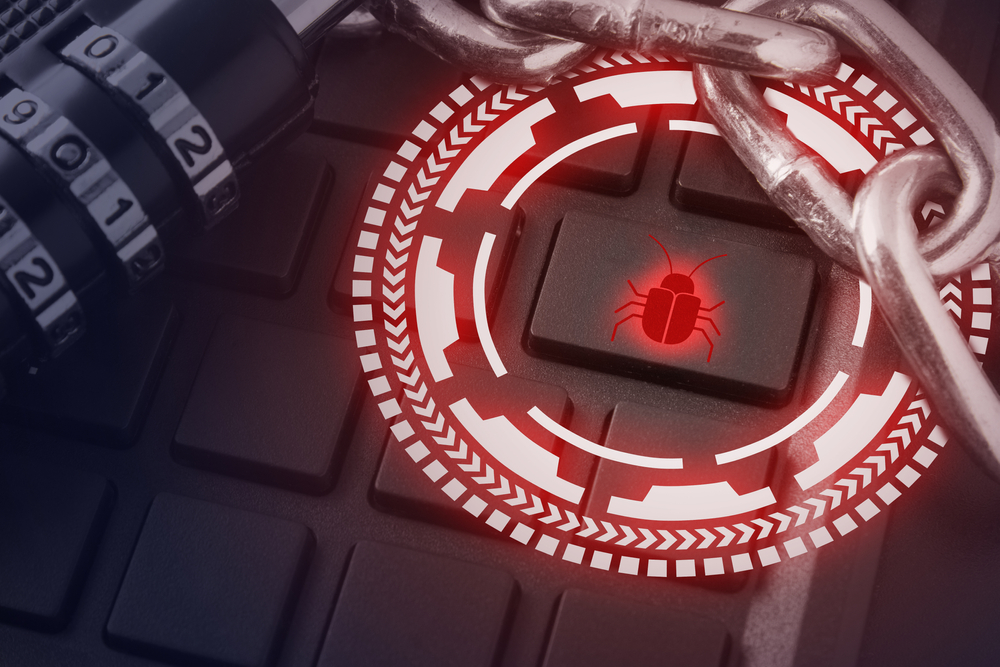Cl0p Ransomware Group Strikes Again: Over 130 Organizations Compromised in GoAnywhere MFT Server Attack
Cybercriminals have targeted a popular managed file transfer (MFT) server called GoAnywhere, compromising over 130 organizations in the process. The attackers, who are believed to be part of the Cl0p ransomware group, exploited vulnerabilities in the GoAnywhere MFT server to steal sensitive data and encrypt the files on the victim's systems, effectively holding them hostage until a ransom is paid.
GoAnywhere is a widely used MFT solution that enables organizations to securely manage and exchange sensitive data between different systems and networks. The widespread use of the software, combined with the vulnerabilities in the system, made it a prime target for the Cl0p group.
The attacks were conducted by exploiting vulnerabilities in the GoAnywhere MFT server, which the Cl0p group was able to exploit to gain unauthorized access to the victim's systems. Once inside, the attackers stole sensitive data and encrypted the victim's files, making it impossible for them to access their data unless they agreed to pay a ransom.
The impact of the attacks has been widespread, with over 130 organizations being affected. The victims include a range of different sectors, including healthcare, finance, and government.
In response to the attacks, the developers of the GoAnywhere MFT server have released a patch to fix the vulnerabilities that were exploited by the Cl0p group. They are advising all users of the software to immediately update to the latest version to protect themselves from the threat posed by the Cl0p group.
In conclusion, the Cl0p attack highlights the importance of staying vigilant against evolving cyber threats and the need for organizations to implement strong security measures to protect themselves from cybercrime. By keeping software up-to-date, and by being aware of the latest tactics and techniques used by attackers, organizations can help protect themselves from the threat of cyberattacks and secure their sensitive data.

Comments
Post a Comment